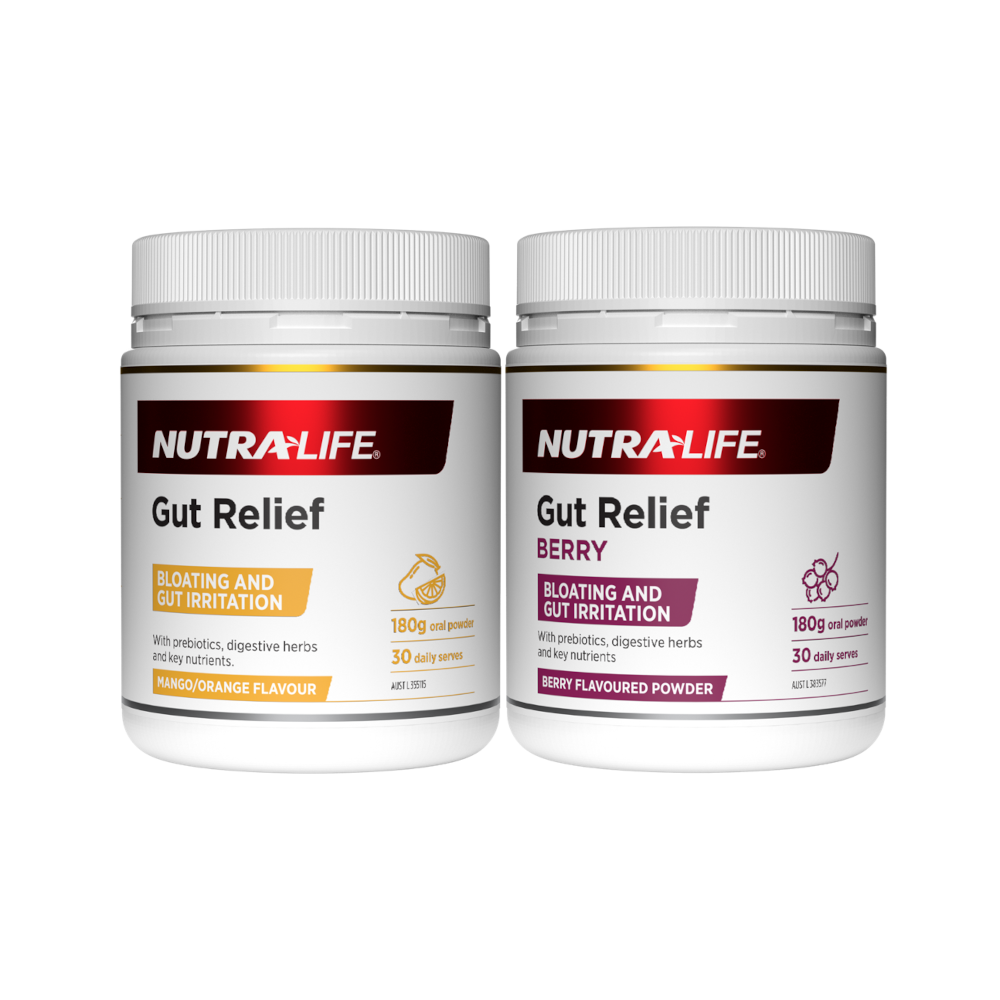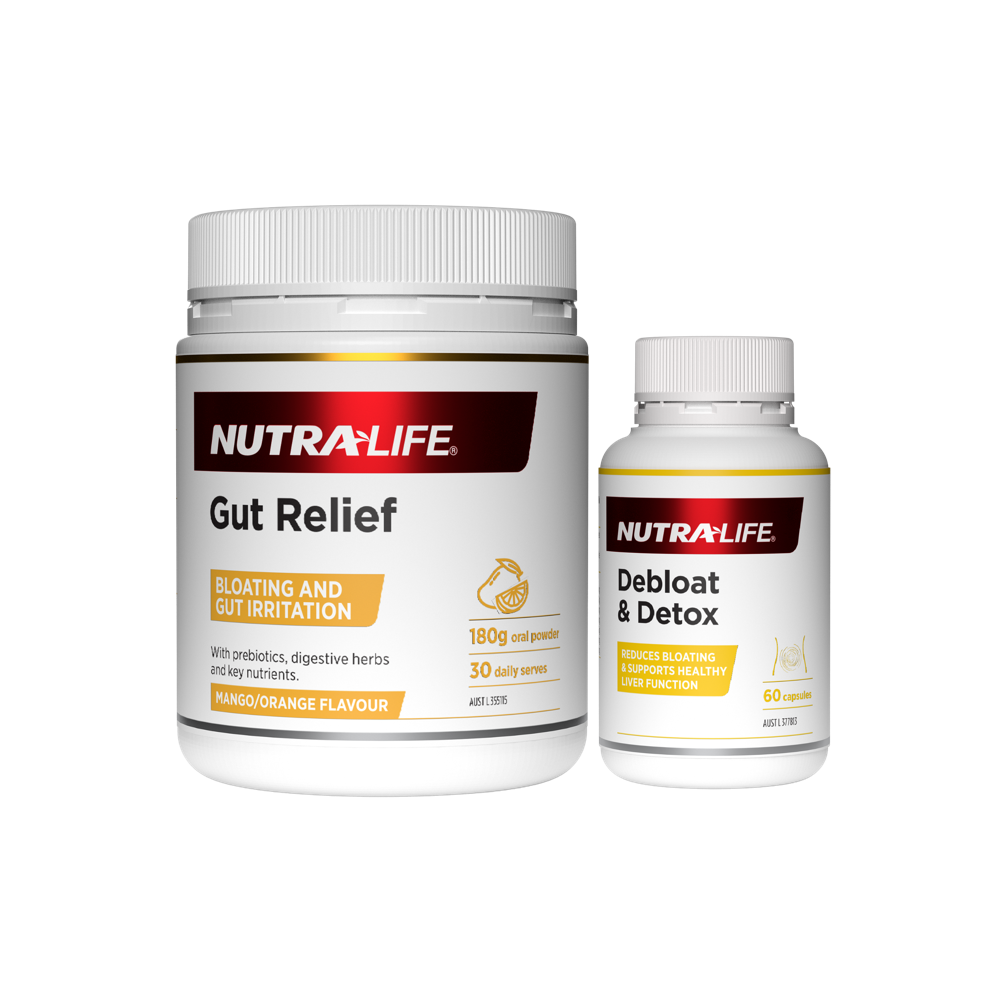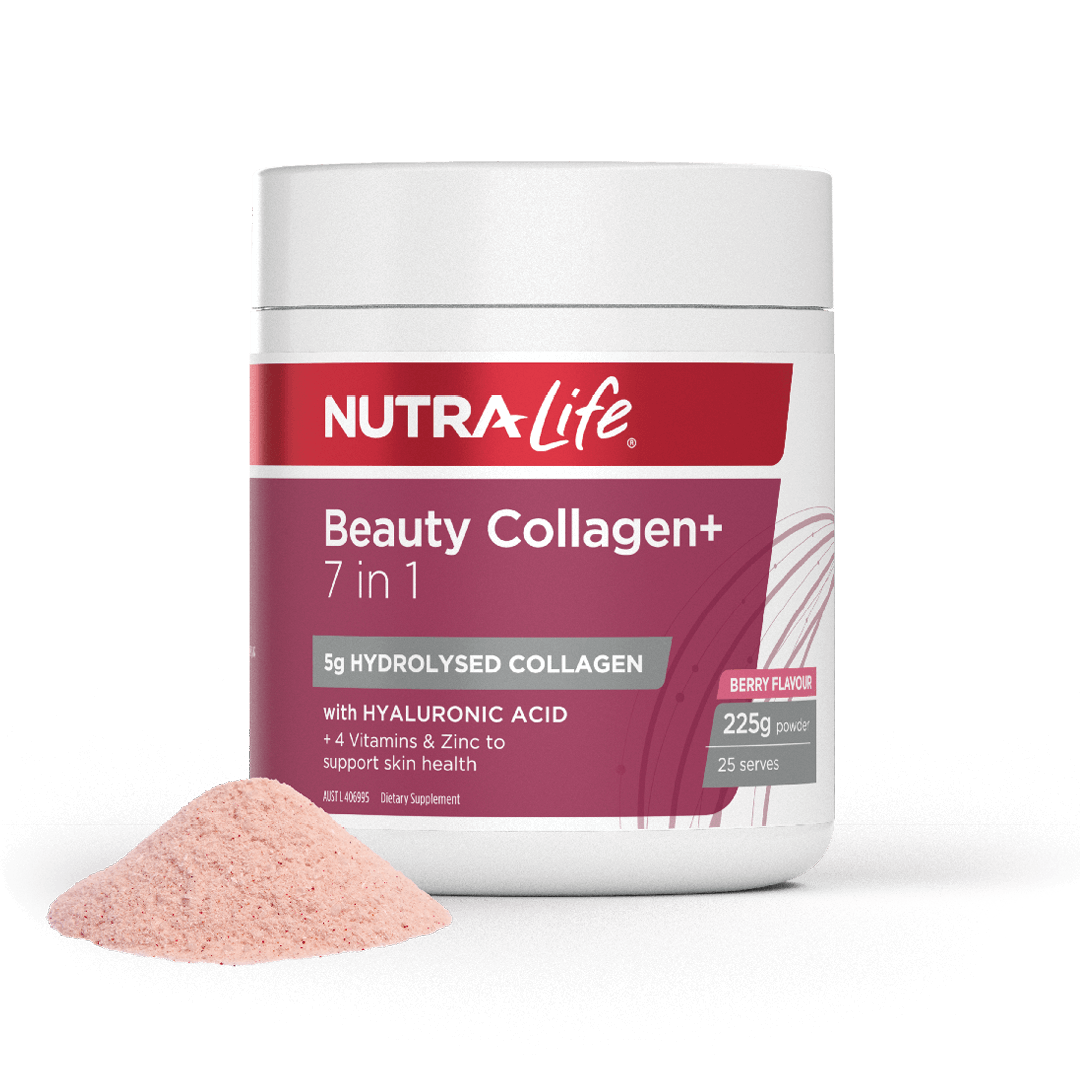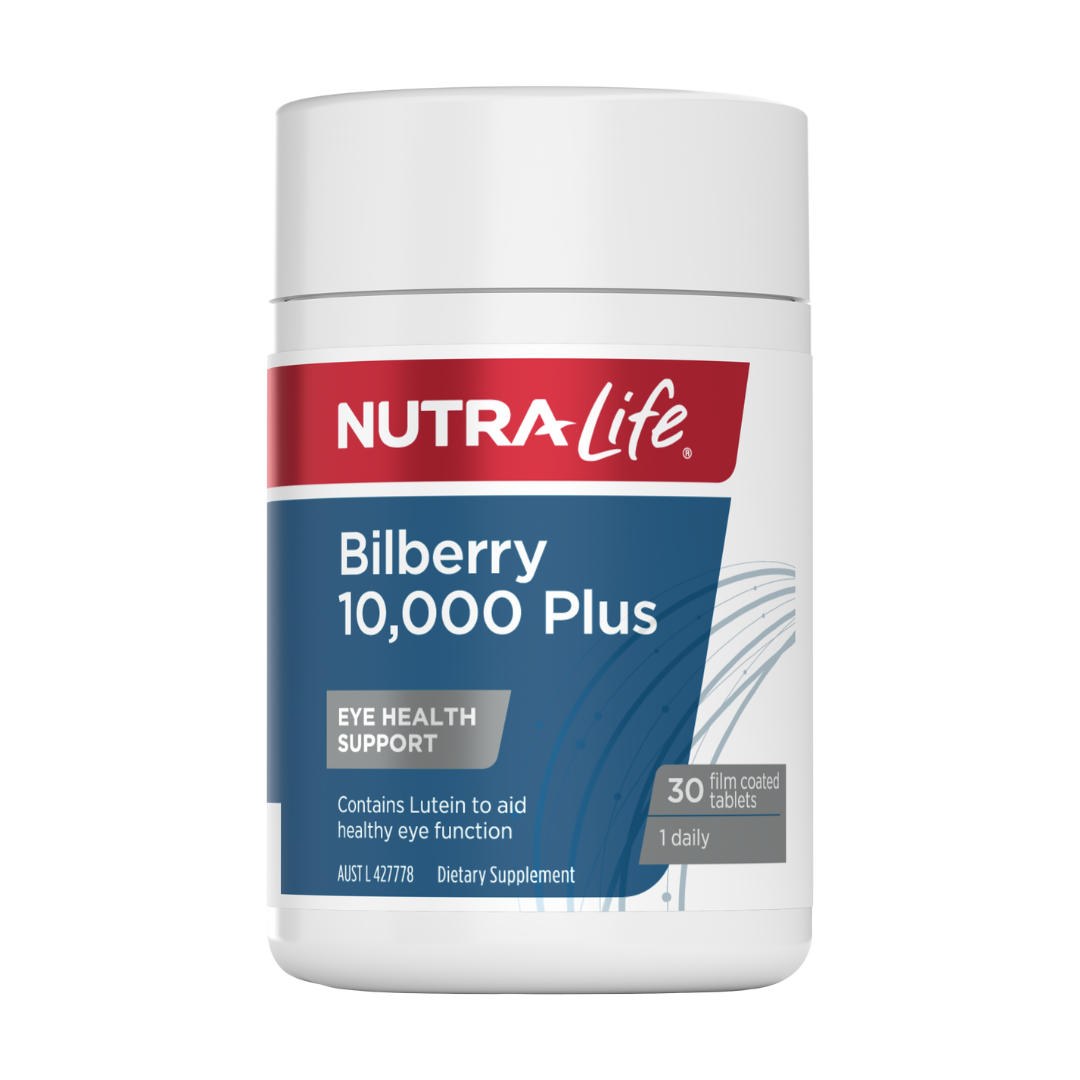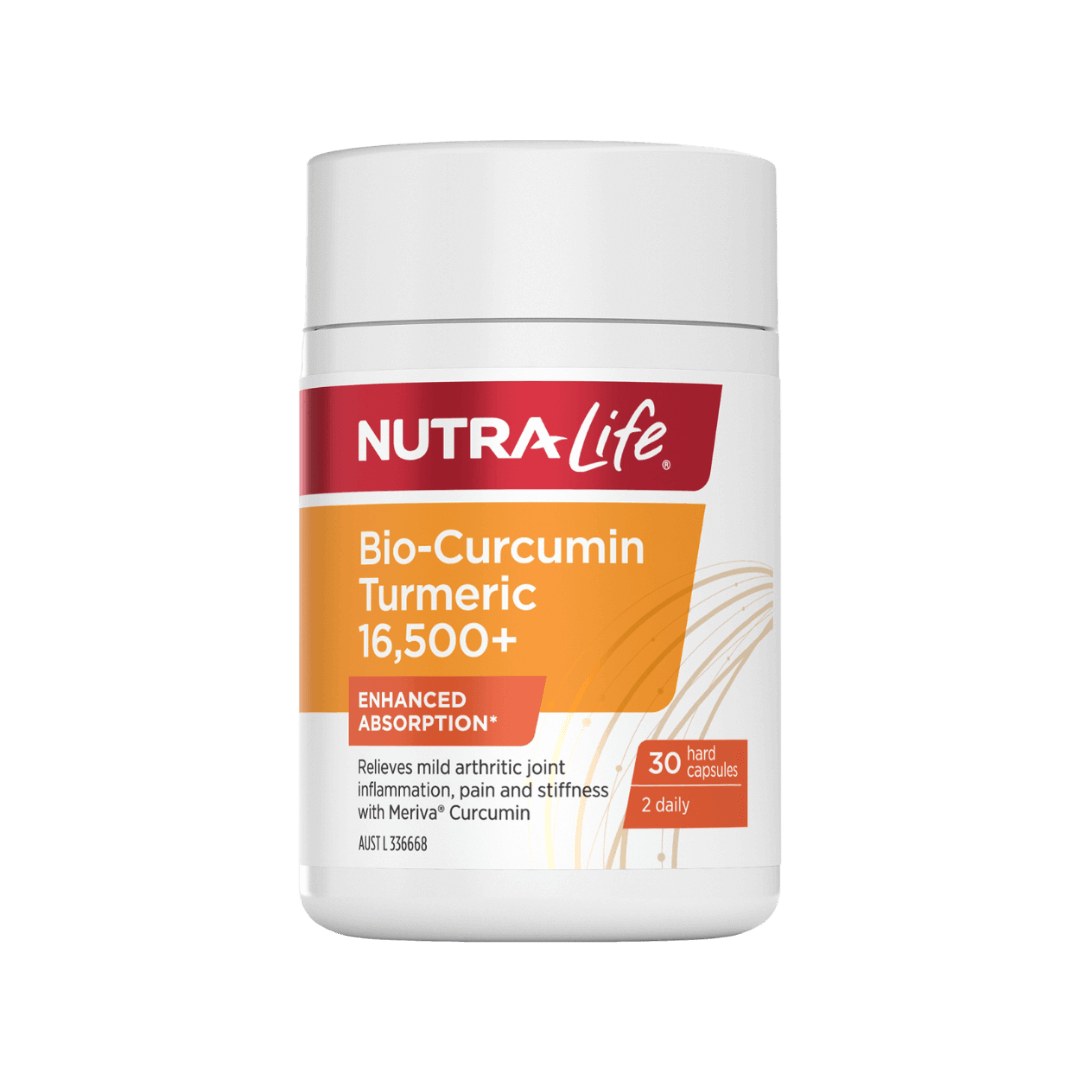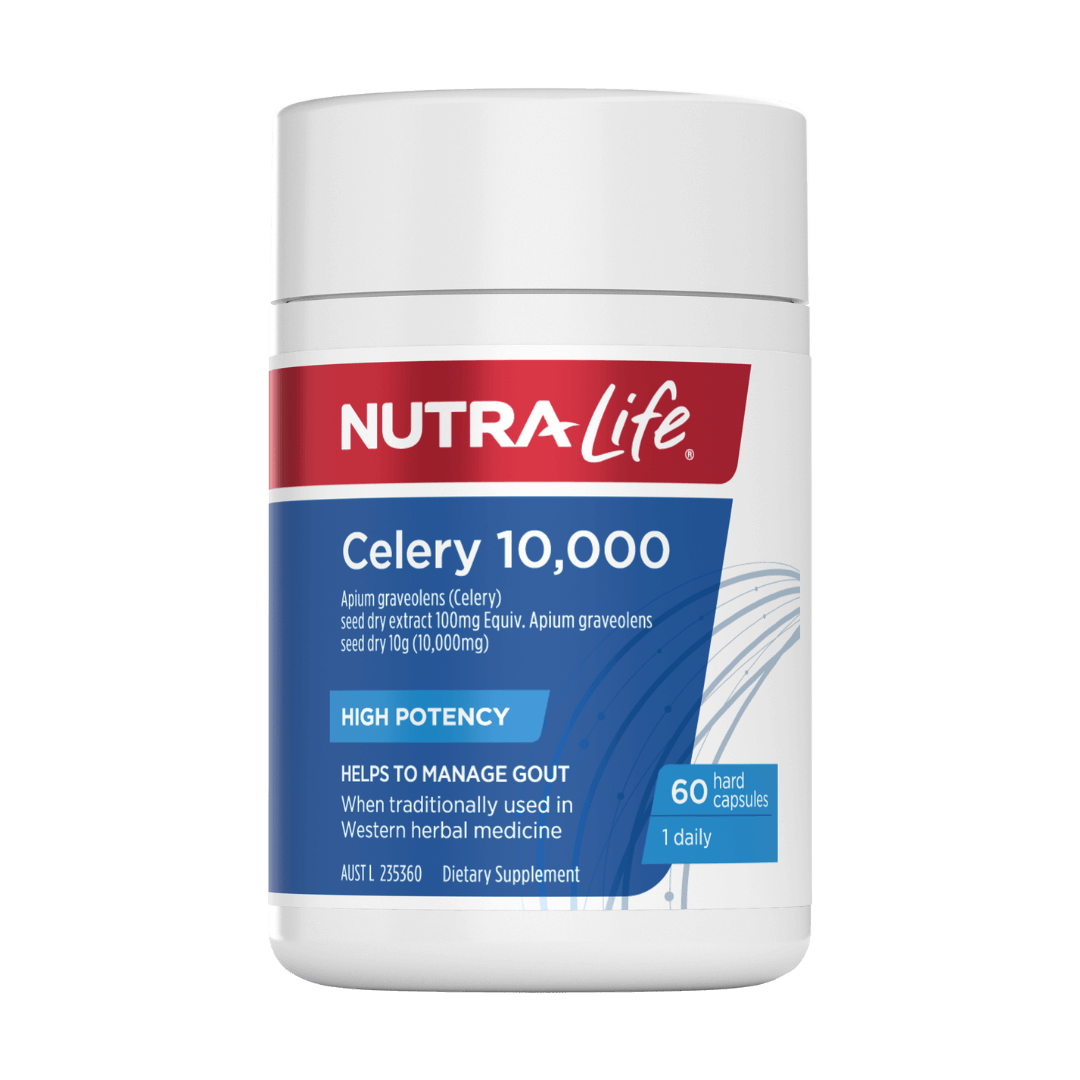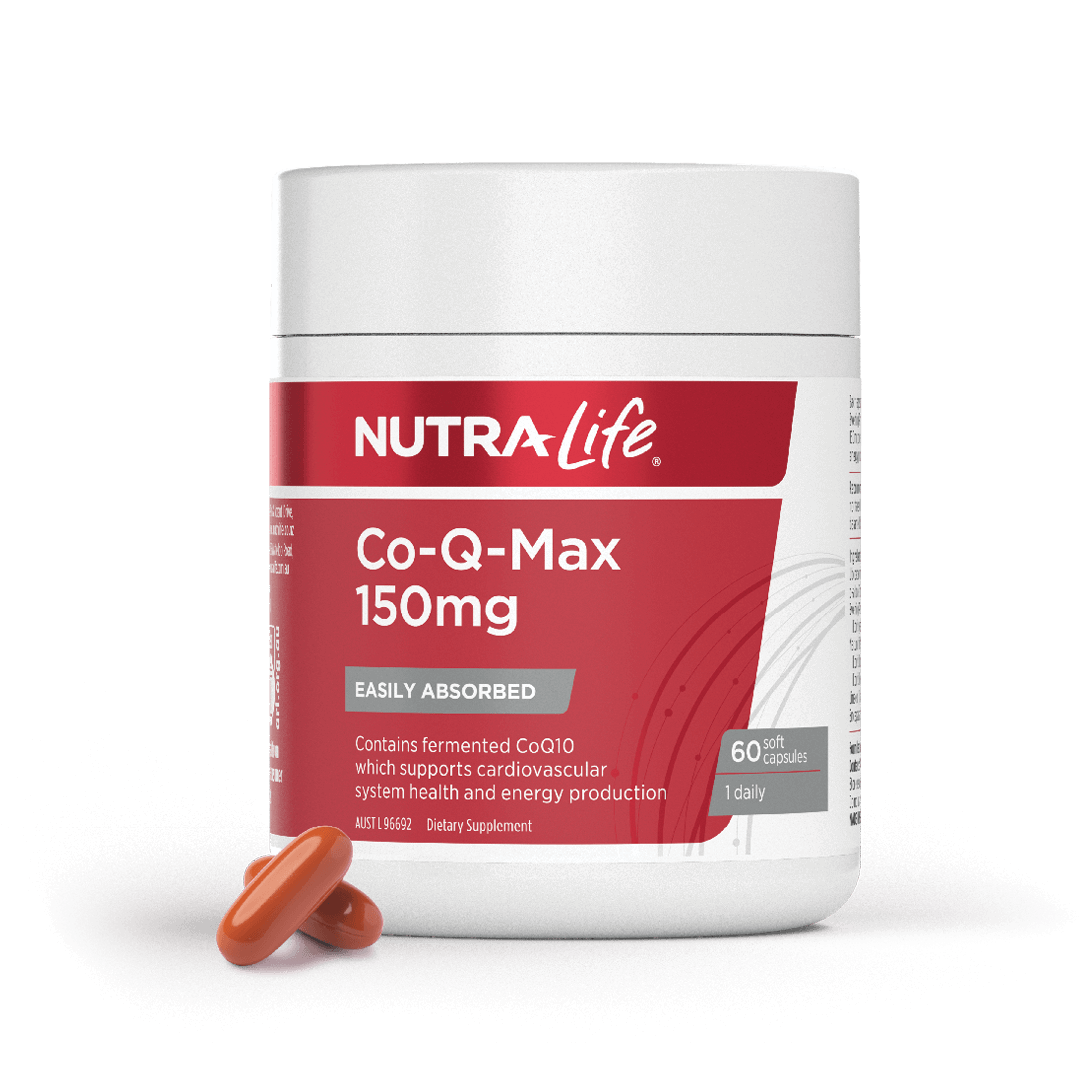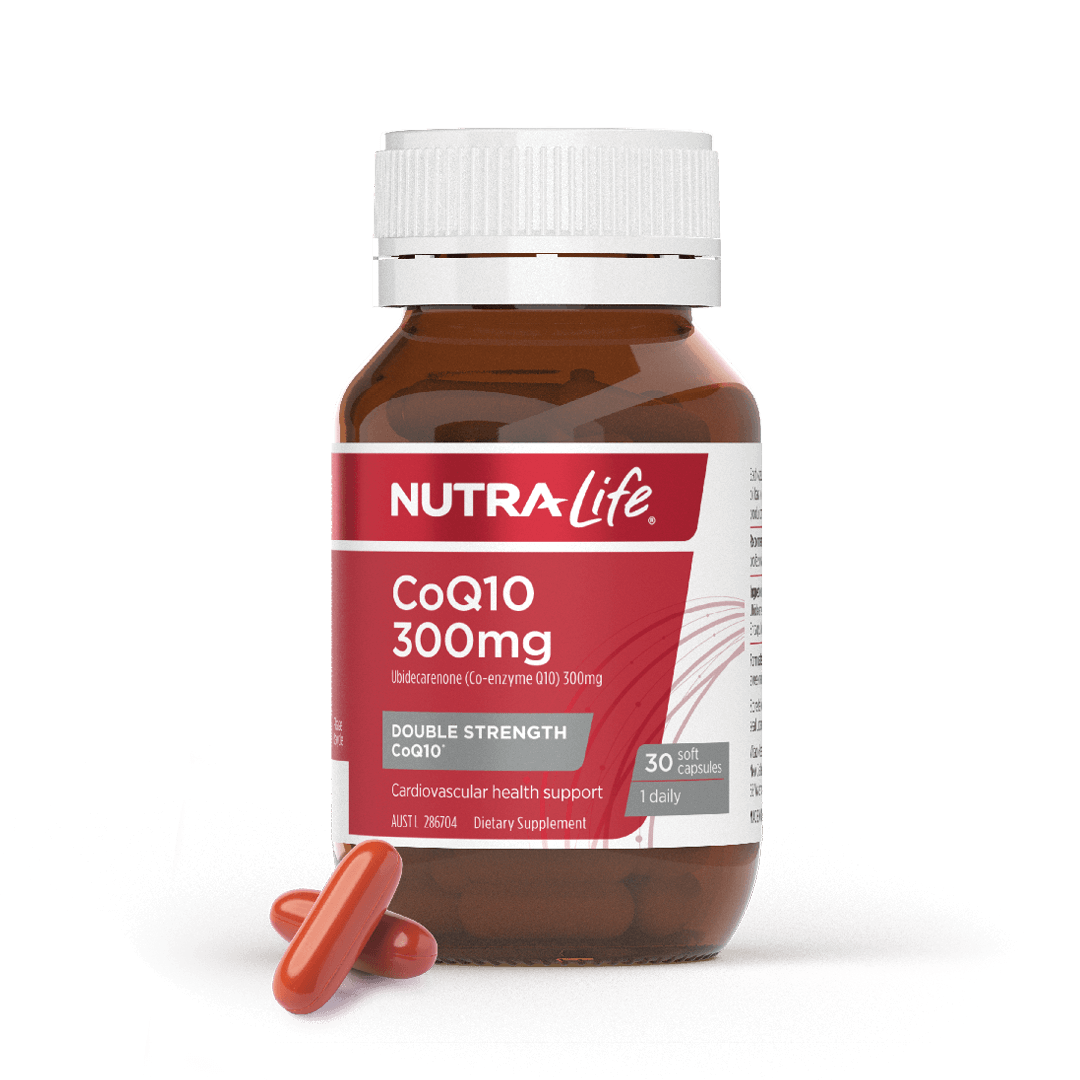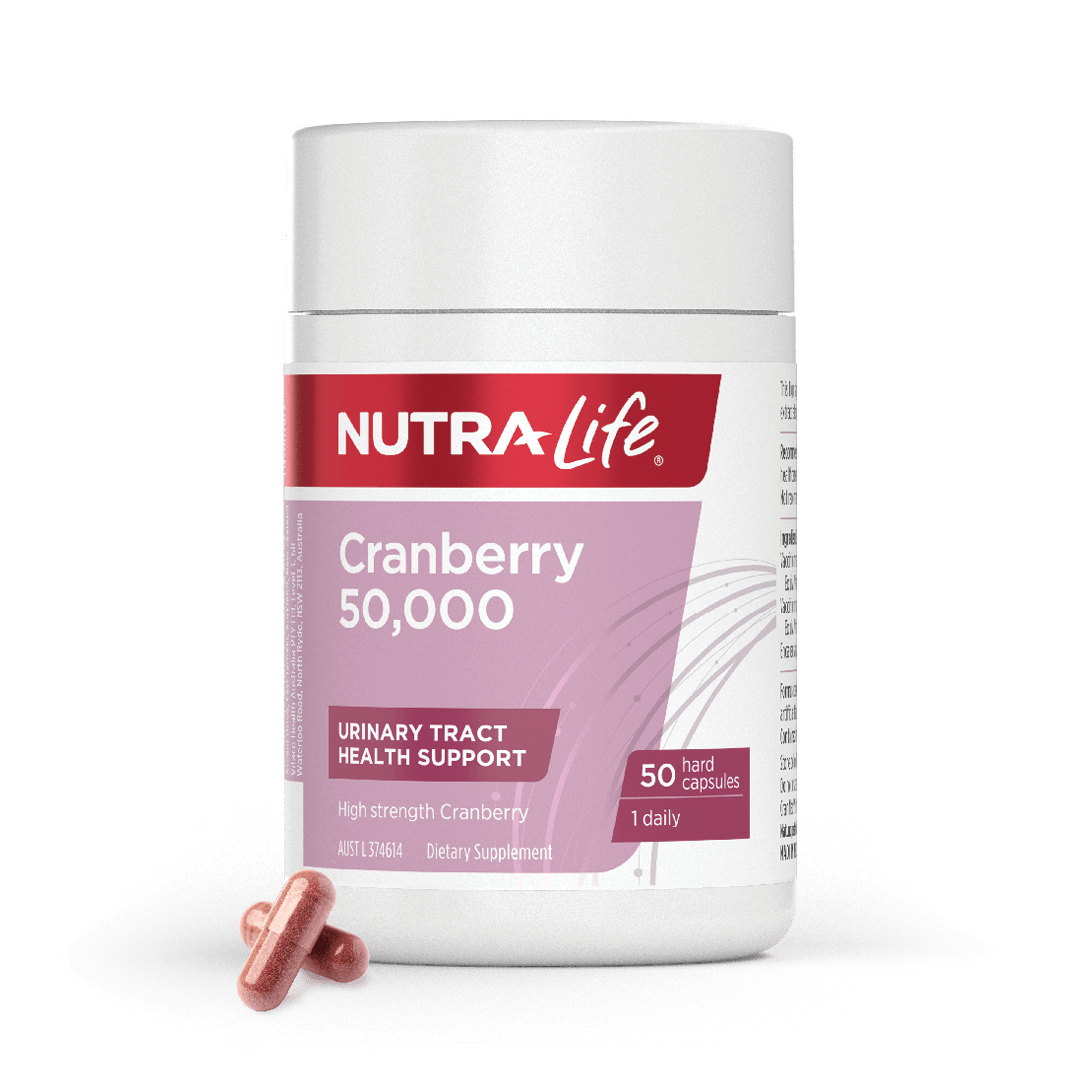- Proteases: these enzymes help to break down protein molecules into simple amino acids and peptides (amino acid chains). Your body uses these peptides and amino acids as building blocks for the various compounds it creates to keep you healthy and functioning.
- Lipases: these enzymes help to break fat molecules down into chains of fatty acids and glycerol. Your body uses the fatty acids as building blocks for other compounds it needs, and the glycerol for energy storage.
- Amylases: these enzymes help to break complex carbohydrate molecules down into sugars like maltose and sucrose. At this point, you need a second enzyme, e.g. maltase to break down the maltose or sucrase to break down the sucrose. The end result is then glucose, which your body can directly use for energy.
- Bad eating habits: as with any other compounds your body creates, it needs basic raw materials to work with. A diet that’s low in the nutrients your body uses to produce enzymes will probably result in less of those enzymes being produced.
- Stress: when your body creates its “fight-or-flight” stress response, several things happen on a biochemical level. Nutrients and blood get redirected from areas that aren’t immediately essential for survival – like your digestive system – to more relevant areas like your muscles, heart and brain. That means repeated, ongoing stress can also affect your ability to produce digestive enzymes
- Aging: as you get older, your body will naturally create less of certain enzymes.
- Amylase
- Protease
- Lipase
- Tilactase
- Papain
- Bromelain


